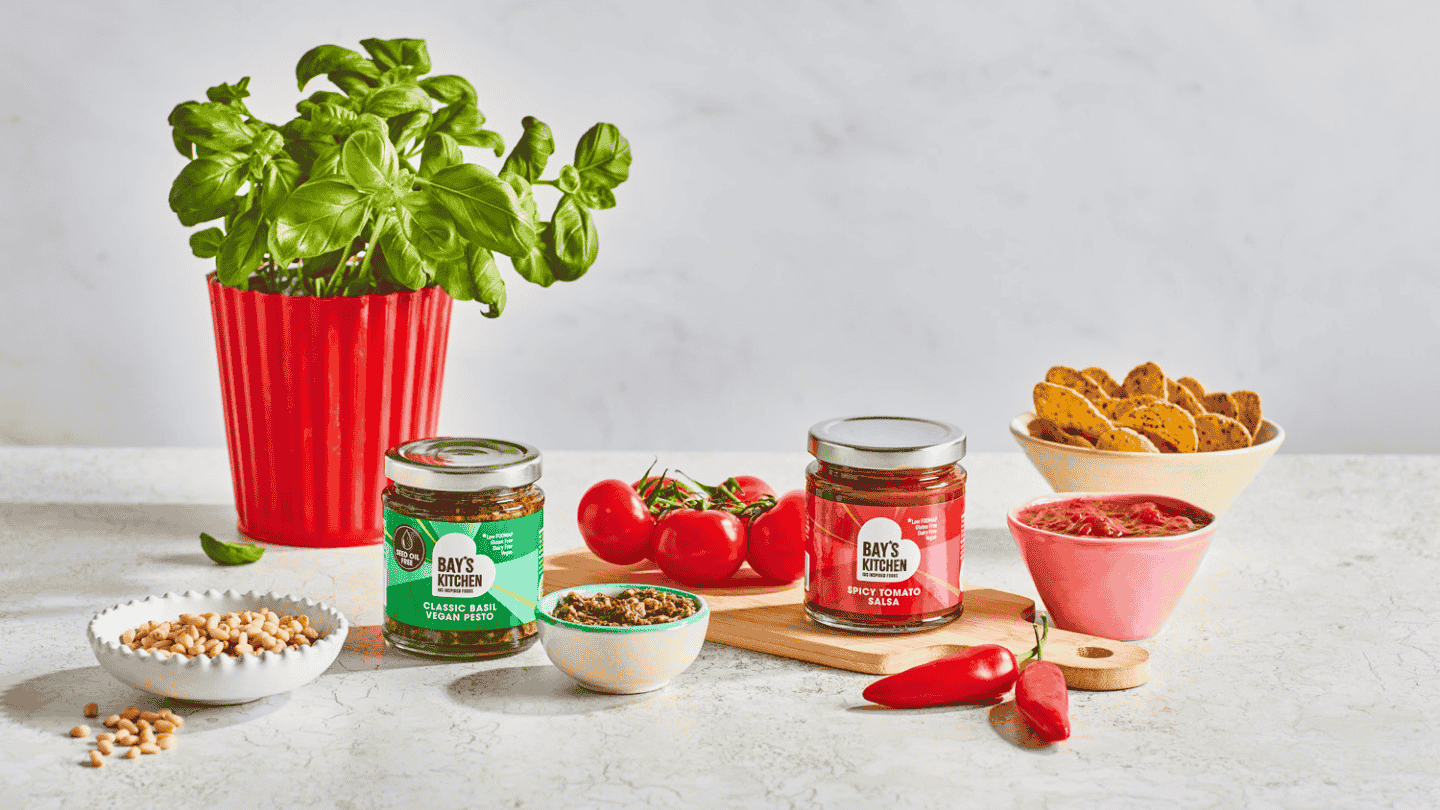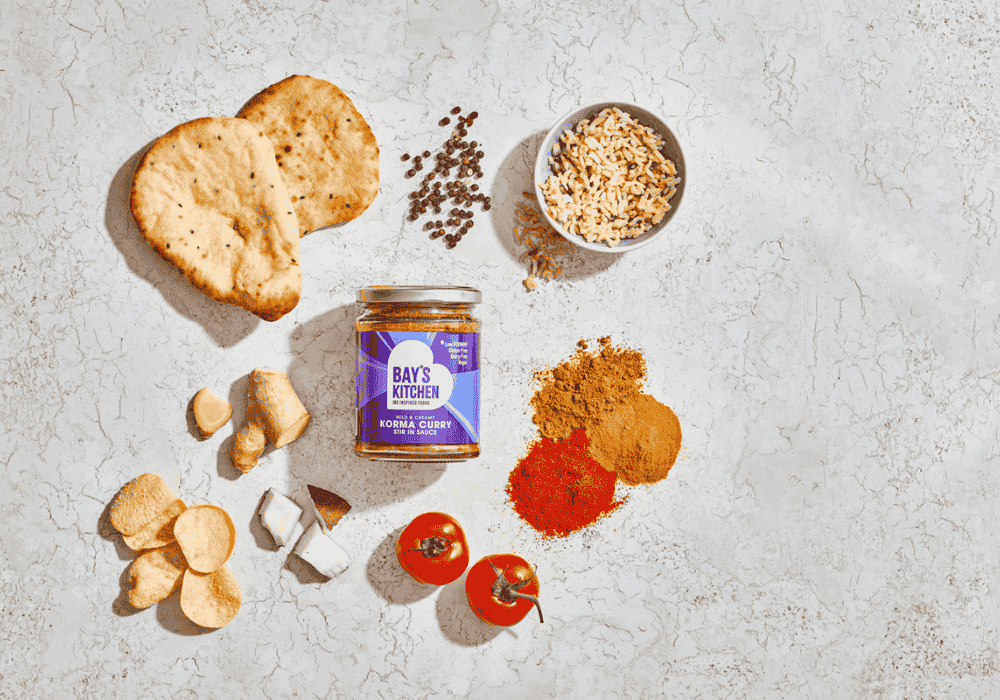Stress – it’s something we all experience, but if you have IBS, it can be particularly problematic for your gut.
Let’s talk about stress
Described as the reaction we have to being put under pressure, stress is something we all experience from time to time. It can happen as a result of an overwhelming workload, difficult life situations, or not having enough time to rest and recharge.
We usually know when we feel stressed – signs include feeling irritable or wound up, anxious or unable to cope. Physical symptoms like headaches, problems sleeping, shallow breathing and jaw clenching are common too. Stress can also influence the way we behave – we might snap at people, find it harder to make decisions or use food and alcohol as a distraction.
What’s normal, what’s not?
Although some stress is a normal part of life, when it builds up or becomes chronic, it can affect our mental and physical health.
For people with IBS, stress can be particularly problematic, as it can both trigger and exacerbate IBS symptoms. Studies show that as stress levels increase, symptoms get worse. For some people, stress may play a role in how their IBS develops.
So what’s going on?….
The gut brain axis
In order to understand why stress aggravates IBS, we first need to understand the gut brain axis – a phrase which describes the connection that exists between the brain and gut.
Your brain and gut are connected both physically (by a long nerve known as the vagus nerve, which stretches from the brain right into the gut and sends messages in both directions) and via chemical messengers known as neurotransmitters which regulate emotions. Your gut microbes are also capable of communicating with your brain, via the various compounds they produce.
Thanks to this relationship between the two organs, what is going on in your brain is noticed by your gut – and vice versa. If you’ve ever felt butterflies in your tummy before a date or had to rush to the loo before a talk, you’ve experienced the gut brain axis at work.
This also means when you feel stressed, your gut feels it too. Here’s how that happens. When we experience stress (which could be anything from relationship troubles to the arrival of an unexpected bill) the brain releases various stress hormones (such as cortisol). These hormones are designed to prepare the body to flee from danger, but they also cause changes in gut function, affecting blood flow and digestion. This can result in
- Increased gut motility (loose stools)
- Hypersensitivity to pain (tummy cramps)
- Increased acid secretion
- Changes in gut bacteria
Stress can impact gut function in both people with and without IBS, but research suggests that people with IBS have an exaggerated or overactive gut response to stress. So, we think of IBS as a stress-sensitive condition.
Managing the stress sensitive gut
The relationship between stress and IBS goes some way to explaining why therapies which target the mind (such as cognitive behavioural therapy and mindfulness) can help manage IBS symptoms.
For some people with IBS, reducing stress can be more effective for symptom control than medications or changes to diet. One thing’s for sure – stress shouldn’t be overlooked when it comes to managing IBS.
With that in mind, here’s some ideas on that can help your stress sensitive gut:
Keep a diary
Start by keeping a diary and see if you can draw any links between stress and your IBS symptoms. If you notice a link, it’s time to work on your stress levels.
Stress triggers
Next, take a look at what your stress triggers are – is it a specific event, person or activity? Is there anything you can do to reduce, change or minimise the triggers? The mental health charity Mind has some great advice around dealing with pressure.
Brainstorm...
Third, brainstorm what helps when you’re feeling stressed – everyone is different, but connecting with friends, walking in nature, yoga, meditation and yoga have been shown to benefit stress levels in studies. Keep this list somewhere visible and plan in these activities a few times each week
Find time
Build in time to rest and recharge each day – stress can be a result of doing too much, and not having any down time. Try to give yourself 30-60 minutes each evening to unwind and relax.
Speak to your GP
If you find that you’re struggling to cope with stress levels, consider chatting to your G.P. about what extra support is available.






